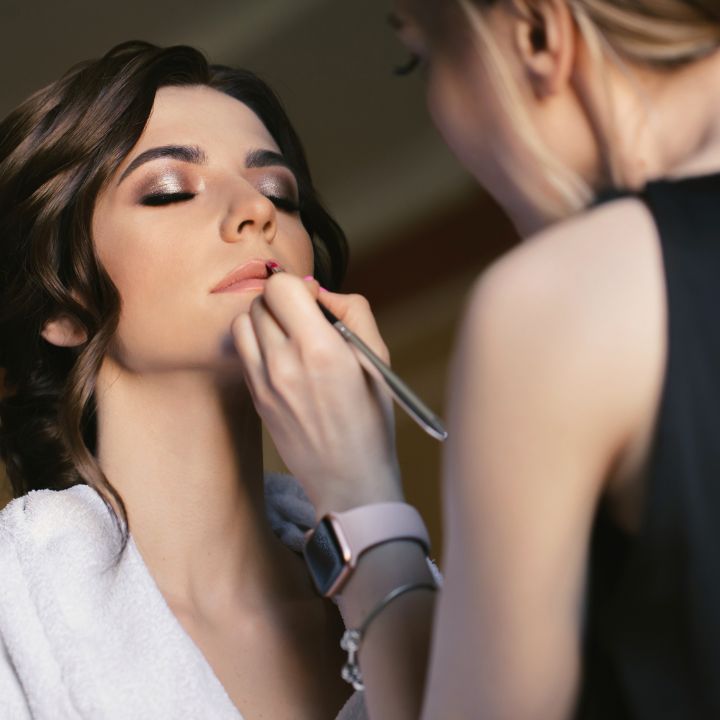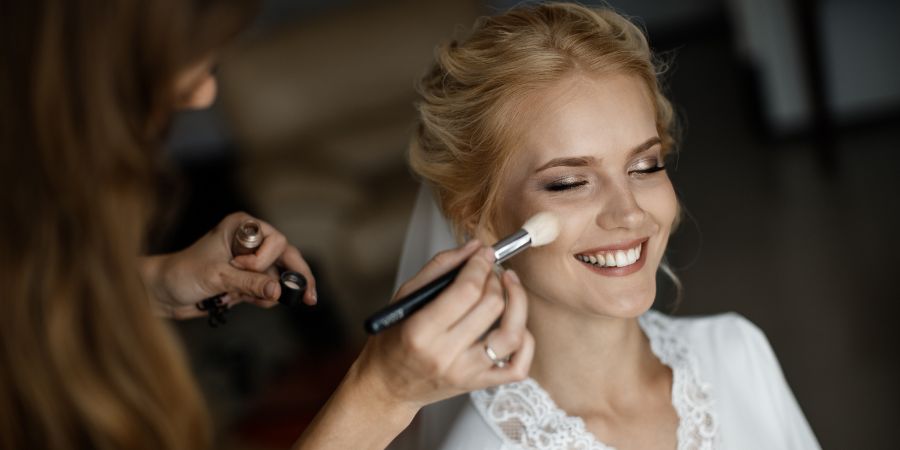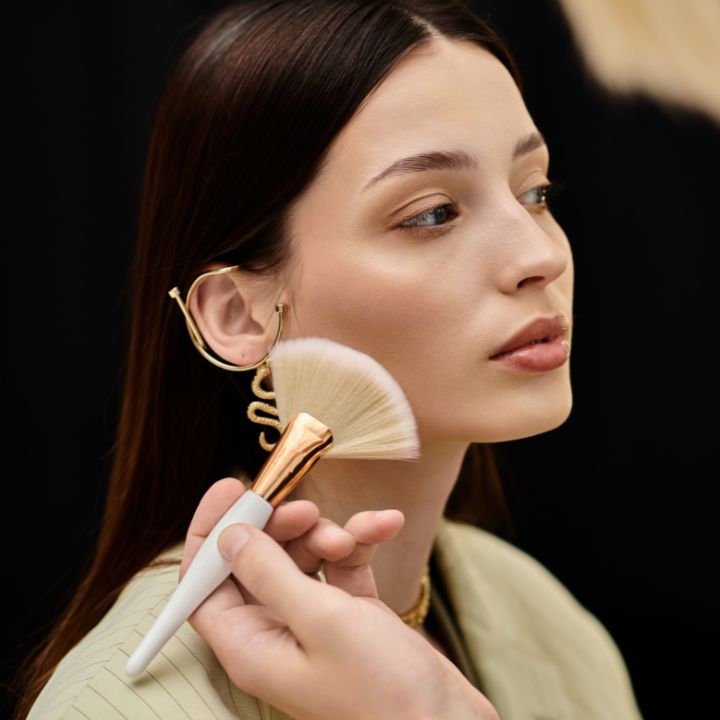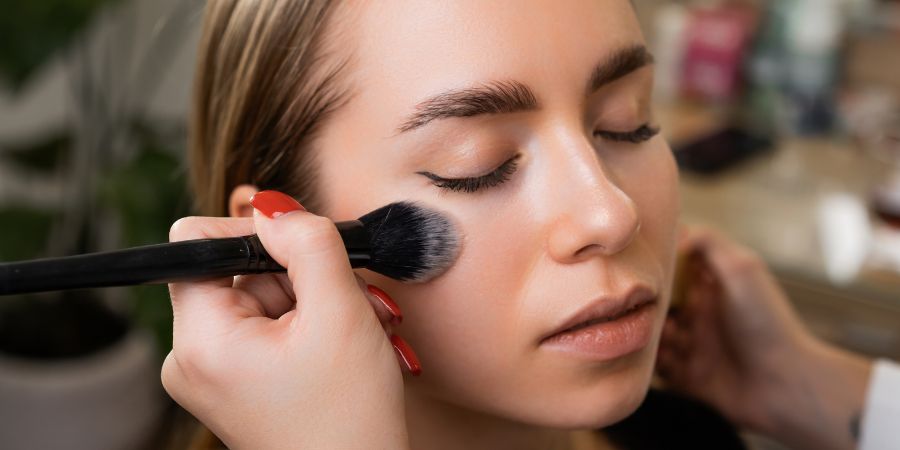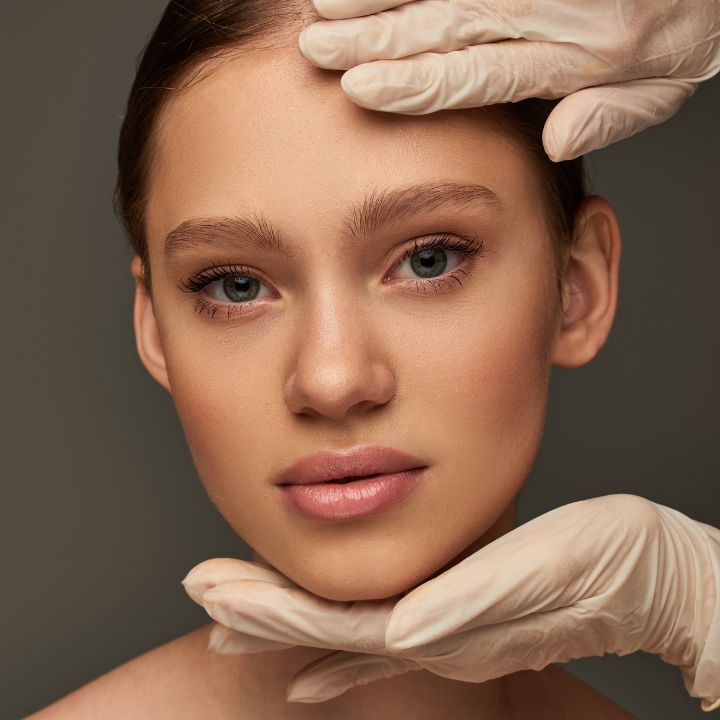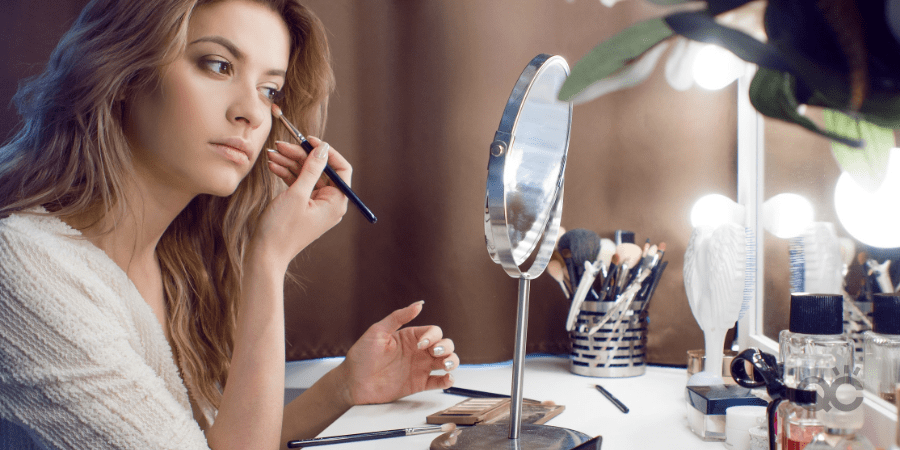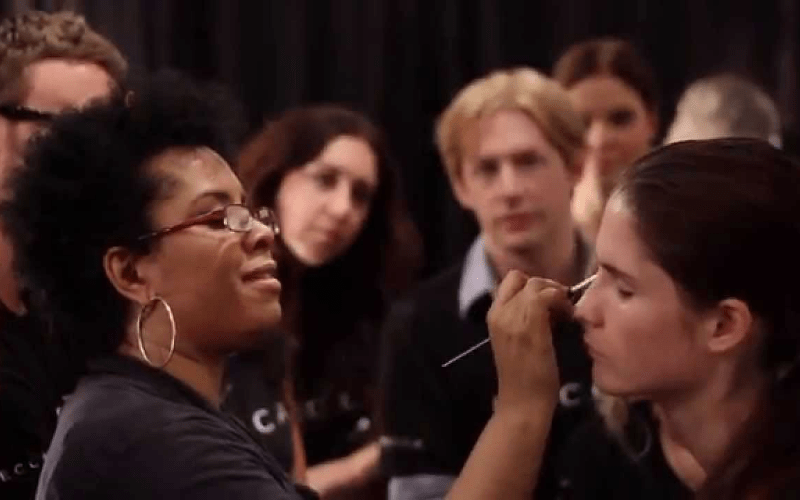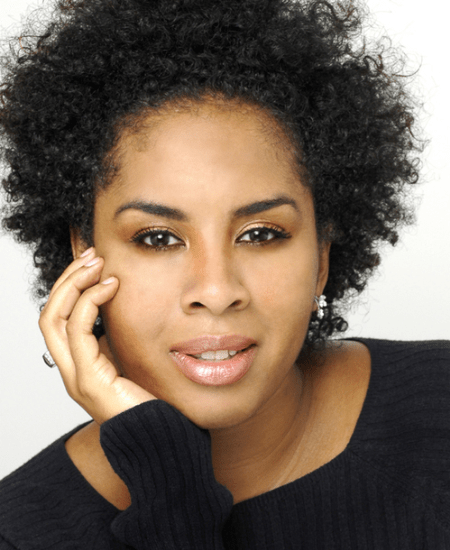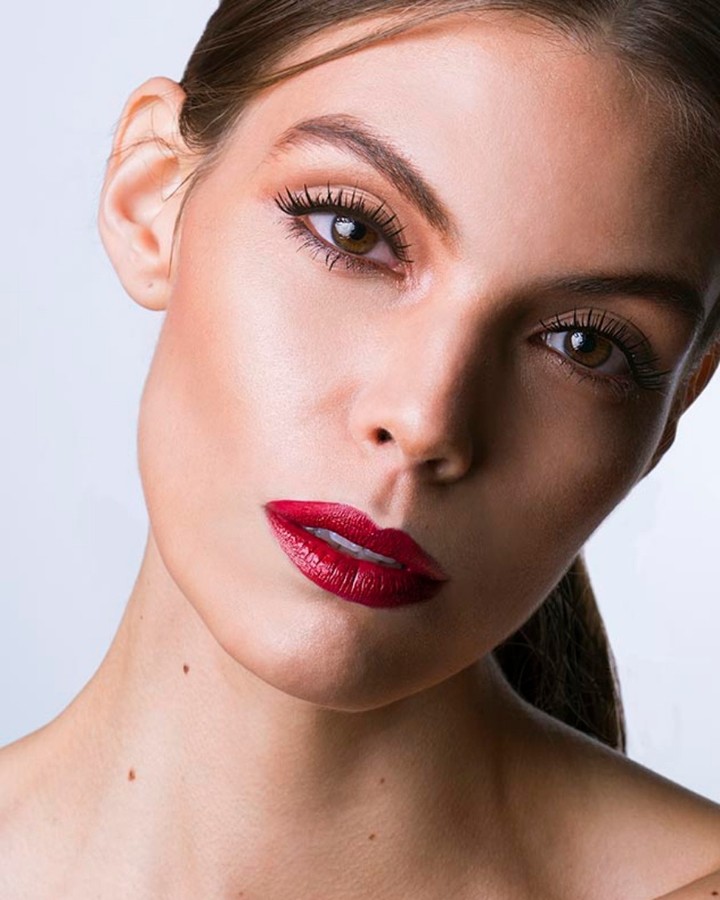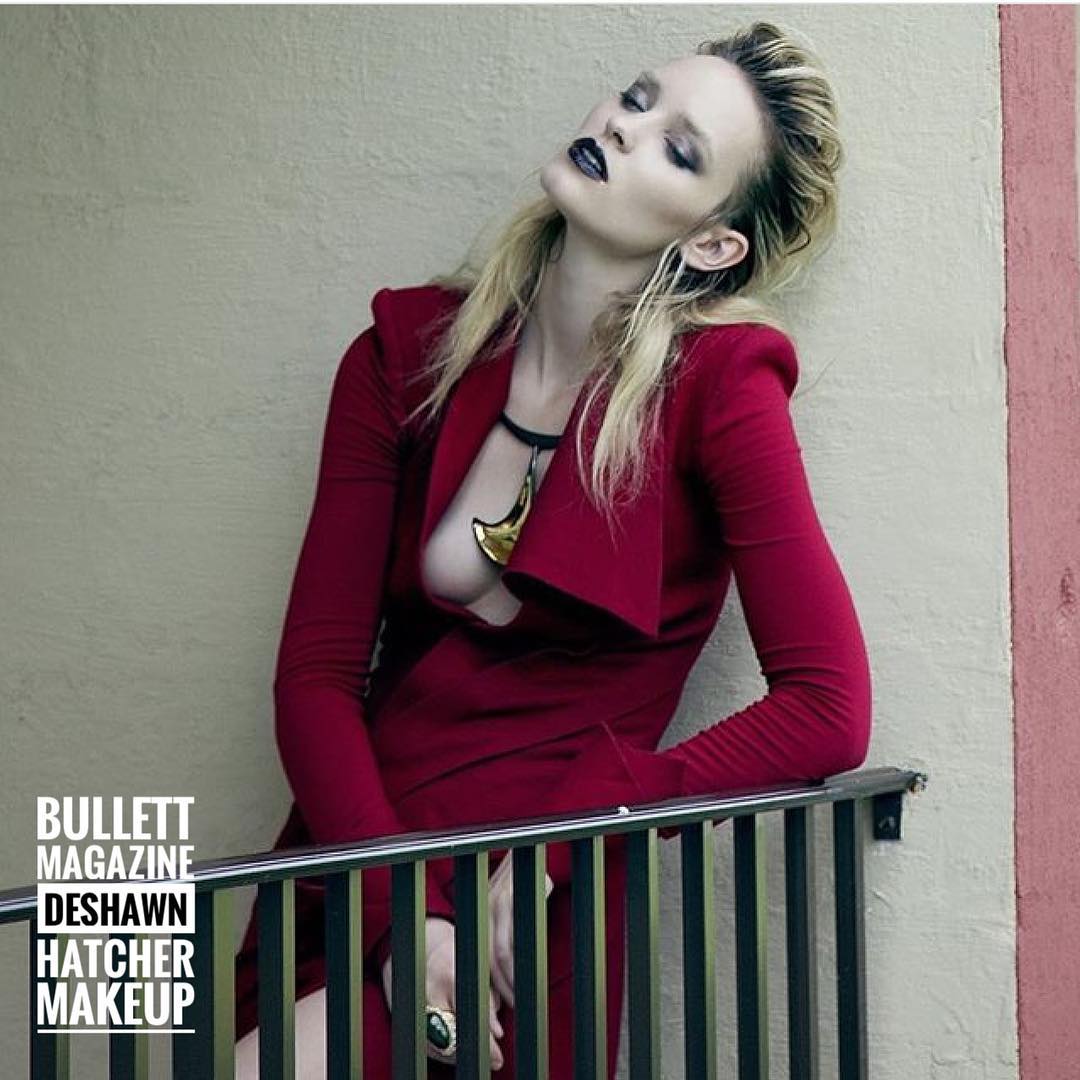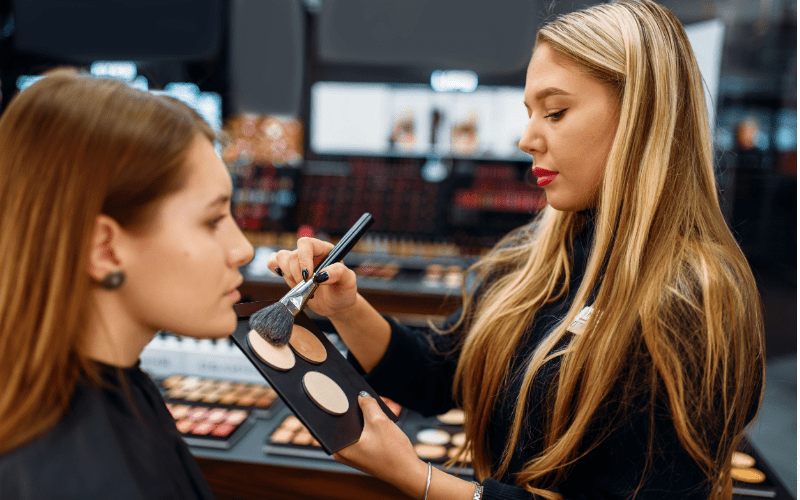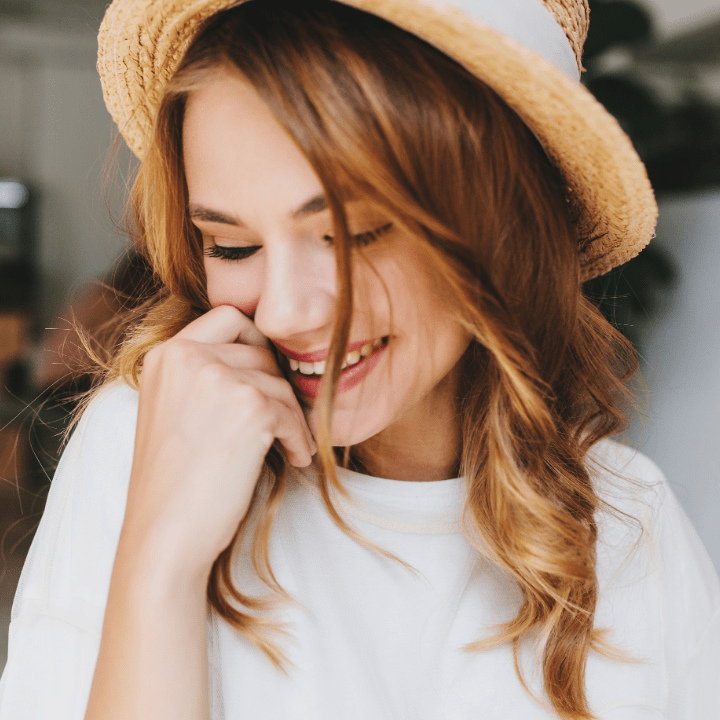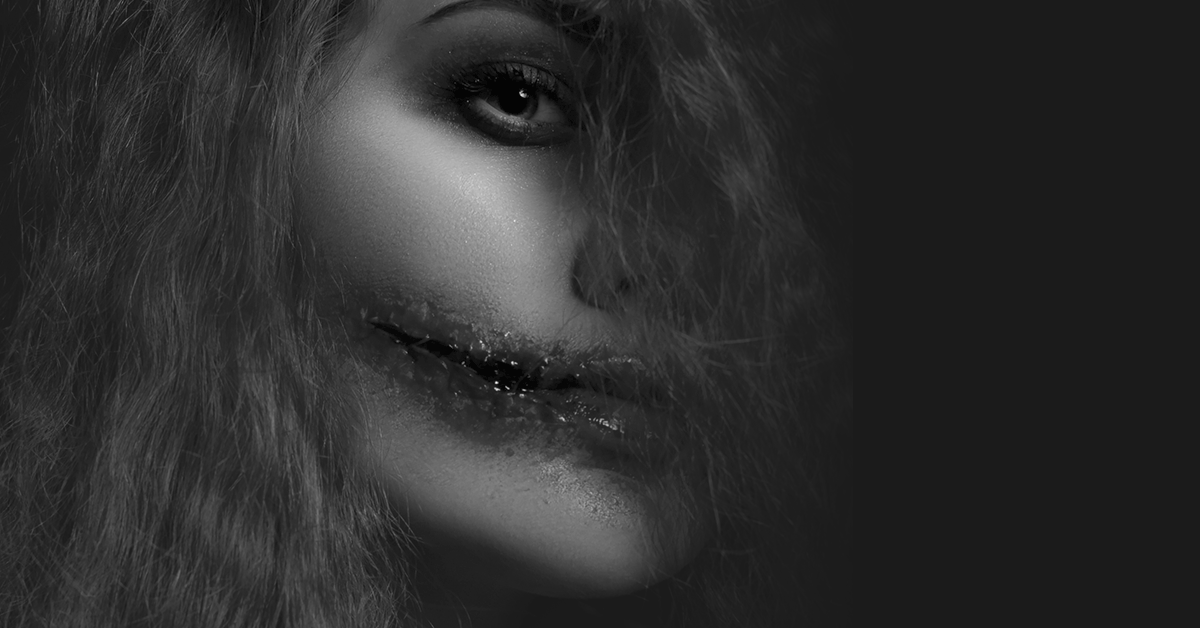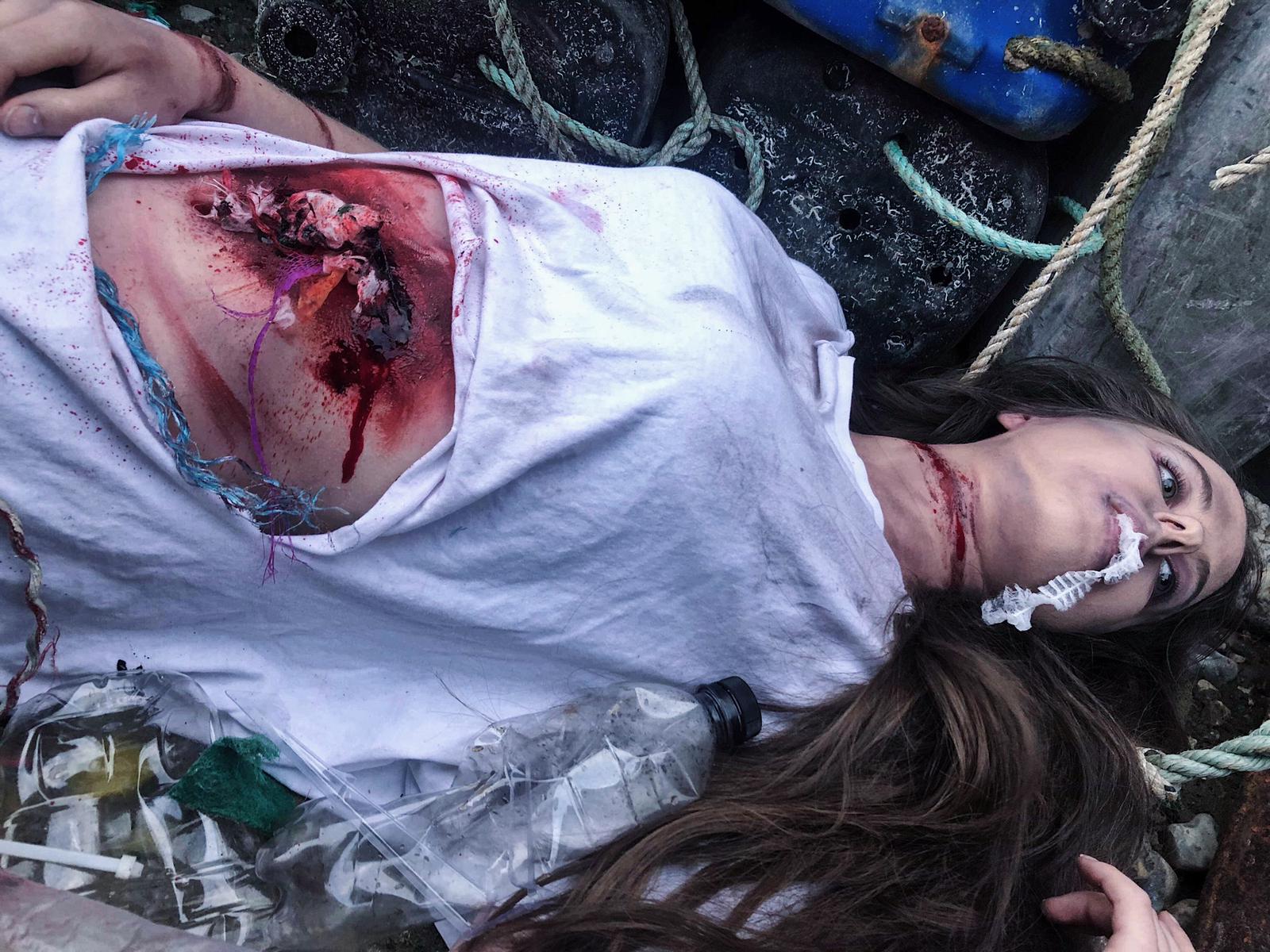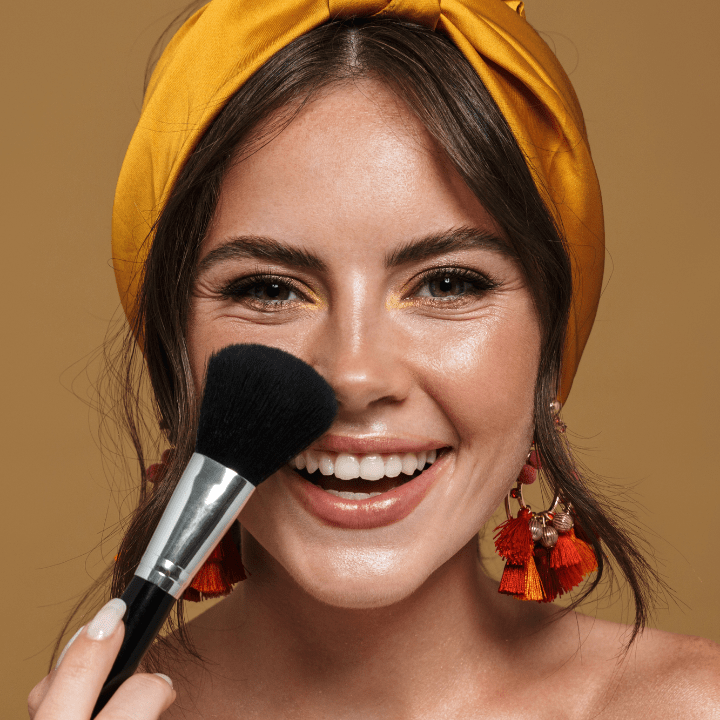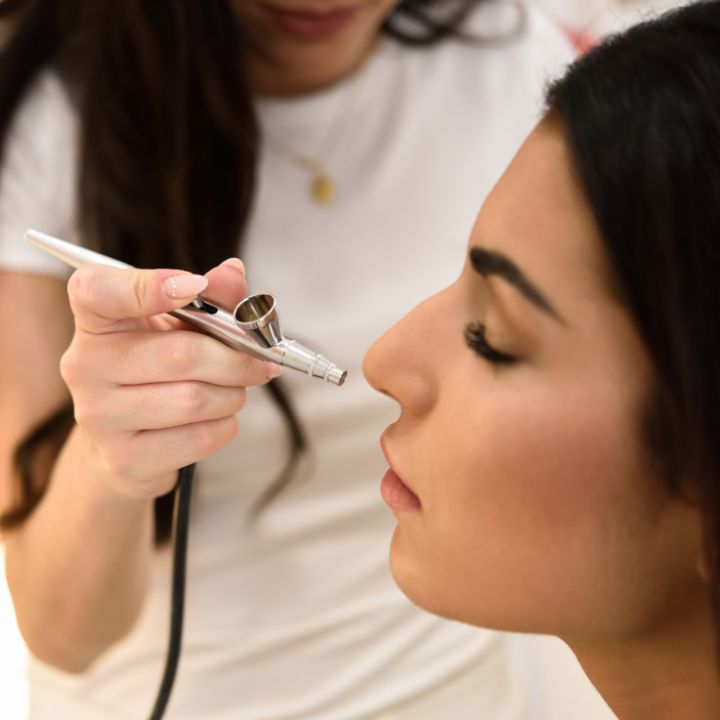
Updated 2025
Pros and Cons of Airbrush Makeup: Key Points
-
Airbrush makeup gives a flawless, lightweight finish.
-
It’s long-lasting and great for special events or HD photography.
-
Application requires skill and proper training.
-
It can be more expensive than traditional makeup.
-
Not ideal for dry or textured skin without proper prep.
Introduction
There’s a lot of buzz around airbrush makeup, and for good reason! In fact, many would argue that it offers a lot of benefits over traditional makeup. But like everything, it also has its downsides… Which is why today, we’re going to break down the top 10 pros and cons of airbrush makeup.
Keep reading to discover the most common pros and cons of airbrush makeup so you can better decide whether it’s the right fit for you!
Airbrush Foundation vs Traditional Foundation
Airbrush foundation and traditional foundation both serve the purpose of creating a smooth, even complexion. However, they differ significantly in their application methods and finish.
Airbrush foundation is applied using an airbrush gun that sprays a fine mist of product onto the skin. This creates a lightweight and natural-looking coverage with buildable options for more intense looks. On the other hand, traditional foundation can be applied with various tools such as sponges, brushes, or fingers, and typically has a thicker consistency that provides full coverage.
The finish of airbrush foundation is often described as “skin-like,” while traditional foundation may have a more matte or dewy finish depending on the formula. Additionally, the airbrush foundation is known for its long-lasting effects and is a popular choice for events or photoshoots.
”Airbrush is a career-changer. Adding it to your skillset makes you instantly more marketable as a makeup artist!
Nathan JohnsonCelebrity Makeup Artist & QC Makeup Academy Executive Instructor
To summarize:
- Both types of foundations have benefits and suit different needs and preferences.
- Airbrush foundation offers a unique application experience and finishes adaptable for various looks.
- It’s worth trying both options to find what works best for you.
- Mastering airbrush makeup can elevate an artist’s skills and create long-lasting flawless looks.
- Continuous practice and experimentation can lead to expertise in this specialized makeup
Become a Certified Makeup Artist
Learn everything you need to know in as little as 8 weeks, right from the comfort of home!
10 Pros and Cons of Airbrush Makeup
Pro #1: Airbrush makeup is flawless!
There’s no denying that one of the biggest benefits of airbrush makeup is that it looks incredibly natural and flawless. In fact, many people say it offers a much more “airbrushed” look than traditional foundation – hence the name! This is because it’s applied using an airbrush gun, which gives you a much more precise finish.
What’s more, airbrush makeup is also great at hiding imperfections like scars, blemishes, and under-eye circles. And because it’s applied in very fine layers, it doesn’t settle into fine lines and wrinkles like some traditional foundations can.
Con #1: The price of airbrush makeup products
When first starting out, airbrush makeup can be a bit of an investment. Not only do you need to buy the airbrush machine itself, but you also need to purchase special airbrush foundation. On average, the amount it’ll cost you to get a good-quality airbrush machine, foundation, and other necessary products is around $200-$300.
HOWEVER…
While the initial investment for airbrush makeup might be a bit higher than traditional foundation, it actually works out to be cheaper in the long run. This is because a little goes a LONG way with airbrush makeup. Essentially, you only need a few drops of foundation to cover your entire face.
Plus, if you take care of your airbrush machine, it can last for years and years!
Pro #2: Airbrush makeup lasts all day long!
Another great thing about airbrush makeup is that it’s incredibly long-wearing. In fact, when applied correctly, it can last for up to 24 hours! This is thanks to the fact that it’s applied in very fine layers – meaning there’s less chance of it rubbing off or transferring onto clothing.
What’s more, airbrush makeup is also waterproof. So, if you’re planning on hitting the beach or pool this summer, it’s a great option to help ensure your makeup stays put. Similarly, if you’re a professional MUA, offering long-lasting makeup applications will be a major selling point for clients such as brides.
”Learning airbrush will give you an edge in a competitive industry. When a client or photographer requests it, you’re ready!
Nathan JohnsonCelebrity Makeup Artist & QC Makeup Academy Executive Instructor
Con #2: It can be difficult to find products that match your skin tone.
While there are now more airbrush foundation shades available on the market than ever before, it can still be tricky to find the perfect match for your skin tone. This is because, unlike traditional foundation, airbrush makeup is applied in very fine layers. As a result, any mismatched shades will be much more noticeable.
So, if you’re thinking of trying out airbrush makeup, make sure to take your time in finding a foundation shade that matches your skin tone perfectly. Once you’ve found the right shade, though, you’ll be good to go!
What If You Can’t Find Your Shade?
Now, it’s also worth mentioning that sometimes, you simply won’t be able to find a product that already comes in a shade closest to your skin tone. In a situation like this, it’ll be up to you to mix and match different shades until you create the perfect custom color.
Doing this properly can be a bit difficult… Unless you have the proper training! Especially if you are (or want to be) a professional makeup artist, this is just one of many reasons we strongly recommend taking a proper airbrush course.
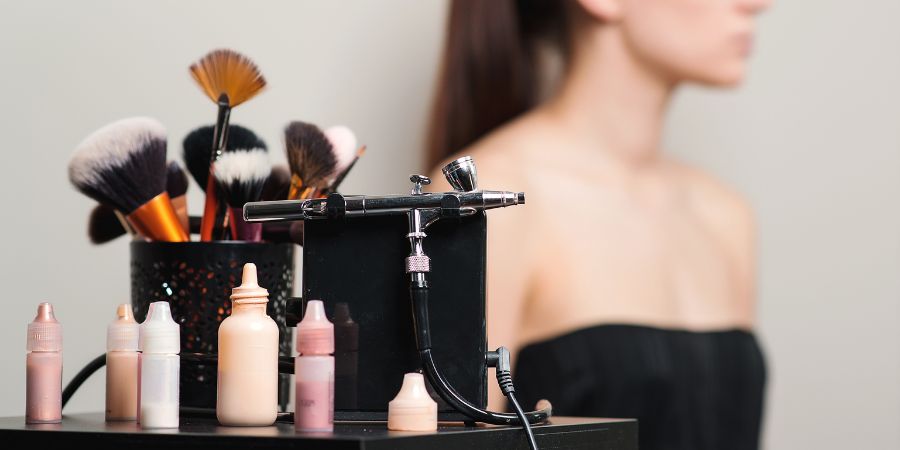
Pro #3: Airbrush makeup is good for your skin!
One of the best things about airbrush makeup is that it’s actually good for your skin. This is thanks to the fact that it’s applied in very fine layers, as we mentioned before. As a result, this helps to reduce clogged pores.
Not to mention, airbrush makeup also contains fewer chemicals than traditional foundation. So, if you’re someone with sensitive skin, it’s a great option to help ensure your skin stays healthy and free of irritation.
Con #3: Applying airbrush makeup takes time to master.
One downside of airbrush makeup is that it can take some time to master. This is because, unlike traditional foundation, you need to be very careful when applying it. If you’re not careful, you could end up with an uneven finish – or worse, a makeup disaster!
So, if you’re thinking of trying out airbrush makeup, make sure you’re prepared to take your time in learning how to apply it properly. Fortunately, though, once you get the hang of it, applying airbrush makeup will be a breeze!
Pro #4: Airbrush makeup is very versatile!
Another great thing about airbrush makeup is that it’s incredibly versatile. Not only can you use it to achieve a natural look, but you can also use it to create more dramatic looks – such as smoky eyes or contoured cheekbones.
Moreover, airbrush makeup isn’t just for everyday looks or bridal applications. Rather, it can also be used for special effects makeup – which is great if you’re a makeup artist interested in working in theatre, film, and/or television.
So, whether you’re a beginner just starting out with makeup, or a professional MUA looking to add another skill to your repertoire, airbrush makeup is definitely a great option for you!
Add Airbrush + SFX Makeup Training
Launch a successful career in film, theater, TV, and more!
Con #4: It can be dangerous if you don’t know proper airbrush makeup etiquette and safety.
Now, although airbrush makeup is definitely a great option for both beginners and professionals alike, it’s important to note that it can be dangerous if you don’t know proper safety procedures.
This is because, when used improperly, airbrush makeup can actually cause physical injury – such as conjunctivitis (pink eye) or even blindness.
So, if you’re thinking of using airbrush makeup, it’s important to make sure you’re aware of proper safety procedures. Fortunately, though, as long as you take the necessary precautions, you’ll be able to use airbrush makeup without any problems!
Pro #5: There are different airbrush makeup bases to choose from!
When it comes to airbrush makeup, there are actually 4 main bases you can choose from:
Water-Based Airbrush Makeup
Water-based airbrush makeup is the most popular type of base. This is because it’s the most user-friendly, and it’s also the least likely to cause irritation.
Silicone-Based Airbrush Makeup
Silicone-based airbrush makeup is another popular option. This is because it provides a smooth, long-lasting finish. However, it is worth noting that silicone-based airbrush makeup can be a bit more difficult to apply than water-based makeup. This is because it tends to dry out more quickly, so you need to work quickly when applying it.
Alcohol-Based Airbrush Makeup
Next, there’s alcohol-based airbrush makeup. This type of makeup is great for those who want a quick, easy way to apply their makeup, since it dries almost instantly. In the same breath, however, it’s important to note that alcohol-based makeup can be very drying for the skin. As such, it’s not a good option for those with dry or sensitive skin.
Mineral-Based Airbrush Makeup
Lastly, there’s mineral-based airbrush makeup. This type of makeup is ideal for those who want a natural look, since it contains no synthetic ingredients. However, it is worth noting that mineral-based airbrush makeup can be a bit more difficult to apply than other types of bases. This is because it tends to be thicker, so you need to be careful when applying it or else it’ll look cakey.
Con #5: It’s tough to re-blend airbrush makeup once it’s been applied.
Another downside of airbrush makeup is that it can be tough to re-blend once it’s been applied. This is because the makeup dries quickly – meaning, you have to work quickly when applying it.
Moreover, airbrush makeup can also be difficult to build up. So, if you’re looking for a full-coverage look but don’t have the time to patiently layer up the application, airbrush makeup might not be the best option for you.
How To Re-Blend Airbrush Makeup
If you do find yourself needing to re-blend airbrush makeup, there are a few things you can do. First, try using a setting spray. This will help to re-hydrate the makeup and make it easier to blend.
Another option is to use a beauty blender or sponge. This will help to absorb any excess makeup and help blend it out more evenly.

Pro #6: Airbrush makeup can help you apply makeup on more people in less time!
This one is especially beneficial if you’re a bridal makeup artist or an MUA working on set. For jobs like this, there will be time crunches to abide by… And airbrush makeup can help you adhere to these time limits while still providing your clients with a flawless finish!
So, why is airbrush makeup capable of allowing you to apply makeup so much faster?
Well, for one, airbrush makeup is incredibly lightweight. This means that you don’t have to worry about layering on too much product, which can save a lot of time.
Another reason why airbrush makeup is so quick to apply is because it’s very buildable. So, if you need to achieve a full-coverage look, you can do so without having to go through the process of meticulously layering on product.
Lastly, airbrush makeup is also great for those who want to apply a sheer, natural-looking finish. This is because you can simply add a light layer of foundation and be done – no need to spend time applying concealer, powder, blush, etc.
Con #6: There’s a higher chance of the look being flakey.
When it comes to airbrush makeup, one of the biggest downfalls is that there’s a higher chance of the look coming out flakey. This is because airbrush makeup dries quickly – meaning, if you don’t work quickly enough or you apply too much product, the makeup can start to flake off.
However, there are a few easy steps you can take to avoid this:
- Make sure to start with a clean, exfoliated face. This will help to create a smooth canvas for your makeup.
- Next, apply a hydrating primer. This will help to keep your skin from drying out and will create a barrier between your skin and the airbrush makeup.
- Finally, make sure to apply the airbrush makeup in thin, even layers. It’s better to build up the coverage than to cake on too much product at once.
Pro #7: Airbrush makeup is especially great on oily skin!
If you have an oily skin type, then you know the struggle of trying to find a foundation that won’t slide off your face by midday. But, thankfully, airbrush makeup can help to combat this issue!
This is because airbrush makeup is water-resistant and oil-free. So, even if your skin starts to get a bit shiny throughout the day, your makeup will still look just as good as it did when you first applied it.
”Airbrush can opens doors to high-end clients, editorial work, and other specialized gigs. I use it in editorial work, makeup for TV, and with celebrities. It’s a game changer!
Nathan JohnsonCelebrity Makeup Artist & QC Makeup Academy Executive Instructor
Con #7: That said, airbrush makeup isn’t a magical eraser for scars or active breakouts.
While airbrush makeup can do wonders for those with oily skin, it’s important to remember that it’s not a magical eraser for scars or active breakouts. Yes, one of the biggest perks of airbrush makeup is that it can give you that photoshopped, flawless-looking finish…
But, at the end of the day, it’s still makeup. So, if you or your clients have any scars or blemishes that you’re trying to cover up, it’s important to use a concealer beforehand. And even then, just make sure that the expectations for what the airbrush makeup can do are realistic.
Chances are, while airbrush makeup can help to camouflage scars and blemishes, it won’t completely make them disappear.
Pro #8: Airbrush makeup is perfect for editorial makeup and photoshoots!
If you’re a professional makeup artist, then chances are you’ve done your fair share of editorial shoots and photoshoots. At the very least, you’ve taken part in some in order to build up your professional portfolio.
Either way, you know just how important it is to have a long-lasting, photo-ready makeup look. And thankfully, airbrush makeup is perfect for just this!
This is because, as we talked about before, airbrush makeup is water-resistant and oil-free. So, even if you’re shooting in hot and humid conditions, or if your clients are sweating under the lights, their makeup will still look amazing.
Con #8: Airbrush makeup can be more expensive to re-stock than traditional makeup.
Earlier, we discussed the initial cost of airbrush makeup. And while it may be a bit more expensive to purchase an airbrush machine and compressor, once you have these items, they should last you for years to come.
The only time you’ll need to spend more money is when it comes time to re-stock your makeup supply. And unfortunately, airbrush makeup can be a bit more expensive than traditional makeup.
So, if you’re on a budget, or if you’re just starting out in your professional makeup career, it might be best to stick with traditional makeup for now. Once you’ve built up your clientele and have a bit more financial wiggle room, then you can experiment with airbrush makeup.
Add Airbrush Makeup To Your Services
Become an airbrush expert in just 2 months!
Pro #9: Airbrush makeup can be used for way more than just foundation!
One of the best things about airbrush makeup is that it’s not just limited to foundation. In fact, there are a ton of different products that can be used with an airbrush machine!
This includes things like:
- Blush
- Bronzer
- Eyeshadow
- Lip color
- Highlighter
- Contour
- SFX stenciling
- Body/face art
- And more!
So, if you’re looking for a way to mix things up and add some variety to your makeup routine, then definitely consider investing in an airbrush machine.
Con #9: You’ll need to clean your airbrush machine regularly.
Another downside to airbrush makeup is that you’ll need to clean your airbrush machine regularly. Depending on how often you use it, you might need to clean it after each use. Or, if you only use it occasionally, you might be able to get away with cleaning it once a week.
Either way, cleaning an airbrush machine is pretty simple and only takes a few minutes. But, it’s still something that you’ll need to factor into your makeup routine.
How To Clean Your Airbrush Machine
If you’re not sure how to clean your equipment, simply follow these 6 steps:
- Empty any remaining makeup from the cup.
- Run water through the airbrush machine to flush out any leftover makeup.
- Fill the cup with warm water and a few drops of airbrush cleaner.
- Run the machine for a few seconds to allow the cleaner to circulate.
- Empty the cup and rinse with warm water.
- Repeat steps 5-7 until the water runs clear.
”Airbrush is a premium skills that can elevate your artistry—and your rates!
Nathan JohnsonCelebrity Makeup Artist & QC Makeup Academy Executive Instructor
Pro #10: If you’re a professional MUA, airbrush makeup will make you more money!
As a professional makeup artist, your ultimate goal is to make your clients happy and to make as much money as possible. And luckily, airbrush makeup is a great way to do both!
This is because most people are willing to spend a bit more money on their makeup if they know it will last all day (or night) long. So, if you offer airbrush makeup services, you can charge a bit more than you would for traditional makeup services.
Not to mention, once you’ve mastered the art of airbrush makeup, you’ll be able to complete makeup applications much faster than with traditional methods. This means you can take on more clients and make even more money!
Con #10: Airbrush makeup is not easy to apply if you’re a beginner.
If you’re new to airbrush makeup, it’s definitely not going to be easy for you to apply – at least, not at first. This is because airbrush makeup is applied with a machine, which can be difficult to maneuver if you’re not used to it. Moreover, airbrush makeup is also very buildable, so it’s easy to go overboard and end up with a cakey, unnatural-looking finish.
So, if you’re thinking about trying airbrush makeup for the first time, we recommend doing your research beforehand. It’d also be worth it to practice your techniques on yourself a few times before applying them onto others.
Furthermore, as we briefly discussed earlier, we also recommend looking into some sort of professional airbrush training – particularly if you want to offer this type of service to clients.

Airbrush Makeup for Dry Skin
Airbrush makeup is renowned for its flawless, long-lasting coverage, but it’s not always the best for dry skin. The high-pressure application can sometimes highlight dry patches and make skin look even drier.
However, there are ways to adapt airbrush makeup for dry skin. One tip is to use a moisturizing primer before applying airbrush foundation, which helps create a smooth base and prevents the foundation from settling into dry areas. Choosing a hydrating formula or adding a few drops of facial oil to the foundation can also help combat dryness. Properly prepping the skin by exfoliating and moisturizing regularly is crucial for a smooth application.
While airbrush makeup may need some adjustments for dry skin, it can still achieve a flawless, long-lasting look. With the right techniques and products, even those with dry skin can enjoy the benefits of airbrush makeup.
Pros and Cons of Airbrush Makeup: Conclusion
So, there you have it! Those are the top 10 pros and top 10 cons of airbrush makeup. As you can see, there are some great benefits to using this type of makeup. However, there are also a few things to keep in mind if you’re thinking about offering airbrush makeup services as a professional MUA. Just remember that, at the end of the day, it’s really up to you whether or not this is something you want to do.
Do you have any questions about airbrush makeup? Leave a comment below and we’ll be sure to answer them!
Thanks for reading! 😘
”For weddings, HD shoots, and red carpet events, airbrush makeup delivers that flawless, photo-ready finish EVERY time!
Nathan JohnsonCelebrity Makeup Artist & QC Makeup Academy Executive Instructor
Pros and Cons About Airbrush Makeup: Frequently Asked Questions (FAQs)
Does airbrush makeup last longer than traditional makeup?
Yes, airbrush makeup does tend to last longer than traditional makeup. This is because it’s applied with a machine, which provides a more even and consistent finish. Plus, airbrush makeup is also waterproof and sweat-resistant, so it’s ideal for special occasions or long days/nights.
Is airbrush makeup better for your skin than traditional makeup?
Yes, airbrush makeup is actually much better for your skin than traditional makeup. This is because it’s applied with a machine, which allows for a more even and consistent finish. Plus, as we’ve already mentioned, airbrush makeup is also waterproof and sweat-resistant. This means it won’t clog your pores or cause breakouts.
Is airbrush makeup better in general than traditional makeup?
There’s no real “yes” or “no” answer to this question, because it depends on who you ask. Some people prefer airbrush makeup because it lasts longer and provides a more even finish. Others prefer traditional makeup because they find it easier to apply and remove.
At the end of the day, it really comes down to personal preference. If you’re thinking about trying airbrush makeup for the first time, we recommend doing your research beforehand to see whether it’s a good fit for you or not.
What are the benefits of airbrush makeup services for a professional MUA?
As we’ve already mentioned, airbrush makeup is a great way to make more money as a professional makeup artist. This is because most people are willing to spend a bit more money on their makeup if they know it will last all day (or night) long. So, if you offer airbrush makeup services, you can charge a bit more than you would for traditional makeup services.
Not to mention, once you’ve mastered the art of airbrush makeup, you’ll be able to complete makeup applications much faster than with traditional methods. This means you can take on more clients and make even more money.
Other benefits of offering airbrush makeup services to clients include (but aren’t limited to):
- Offering a popular niche service that not many other makeup artists are offering
- Being able to create a more flawless finish
- Building a great portfolio
- Standing out from your competitors
- The capability of working in various areas of the beauty industry (e.g. weddings, movies, theatre, film, live events, editorial makeup, photoshoots, etc.)
Are there any disadvantages of airbrush makeup services as a professional MUA?
You may be wondering, “Are there any reasons I might not want to offer airbrush makeup services as a professional MUA?”
Well, the answer to that question is, yes, there can be a few disadvantages (if you see them that way).
The first one is that you’ll need to invest in an airbrush machine and compressor, which can be quite expensive. If you’re just starting out as a makeup artist, this may not be the best investment for you.
Another disadvantage of airbrush makeup is that it can take some time to master the technique. This means you’ll likely need to practice on yourself (and/or friends and family members) a few times before you’re able to provide this type of service to clients.
Of course, as we mentioned earlier, you could always look into getting professional airbrush makeup training to speed up the learning process.
So, those are a few things to keep in mind if you’re thinking about offering airbrush makeup services as a professional MUA. Just remember that, at the end of the day, it’s really up to you whether or not this is something you want to do.
What are some of the most popular airbrush makeup brands?
Some of the most popular airbrush makeup brands include Dinair, TEMPTU, Marc Harvey Beauty Cosmetics, and Iwata. These brands offer high-quality products that will help you create a flawless finish.
Of course, there are other airbrush makeup brands out there, so be sure to do your research before making a purchase. This way, you can find the brand that’s right for you and your needs!
Is airbrush makeup good for mature skin?
Yes, airbrush makeup is actually a great option for mature skin! This is because it can help to create a smooth, even finish that will diminish the appearance of fine lines and wrinkles.
Is airbrush makeup hard to remove?
No, airbrush makeup is actually quite easy to remove! All you need is a gentle cleanser and some warm water.
Do celebrities use airbrush makeup?
Yes, many celebrities use airbrush makeup! In fact, it’s become quite popular in Hollywood over the last few years. Some popular celebrities you’ve likely seen wearing airbrush makeup include Kim Kardashian, Jennifer Lopez, and Beyonce.
Can you use airbrush makeup daily?
Yes, you can use airbrush makeup daily! However, it’s important to make sure you’re using a gentle, alcohol-free formula that won’t dry out your skin.
Is airbrush makeup worth the investment?
If you wear makeup regularly, then airbrush makeup is definitely worth the investment! Not only will it save you time, but it will also give you a more flawless finish.
Furthermore, if you’re a professional MUA (or you’re thinking of becoming one), offering airbrush makeup services is a great way to set yourself apart from your competitors. And while the commitment will require an initial investment, it’ll be well worth it in the long run when you make back that money (and then some)!
